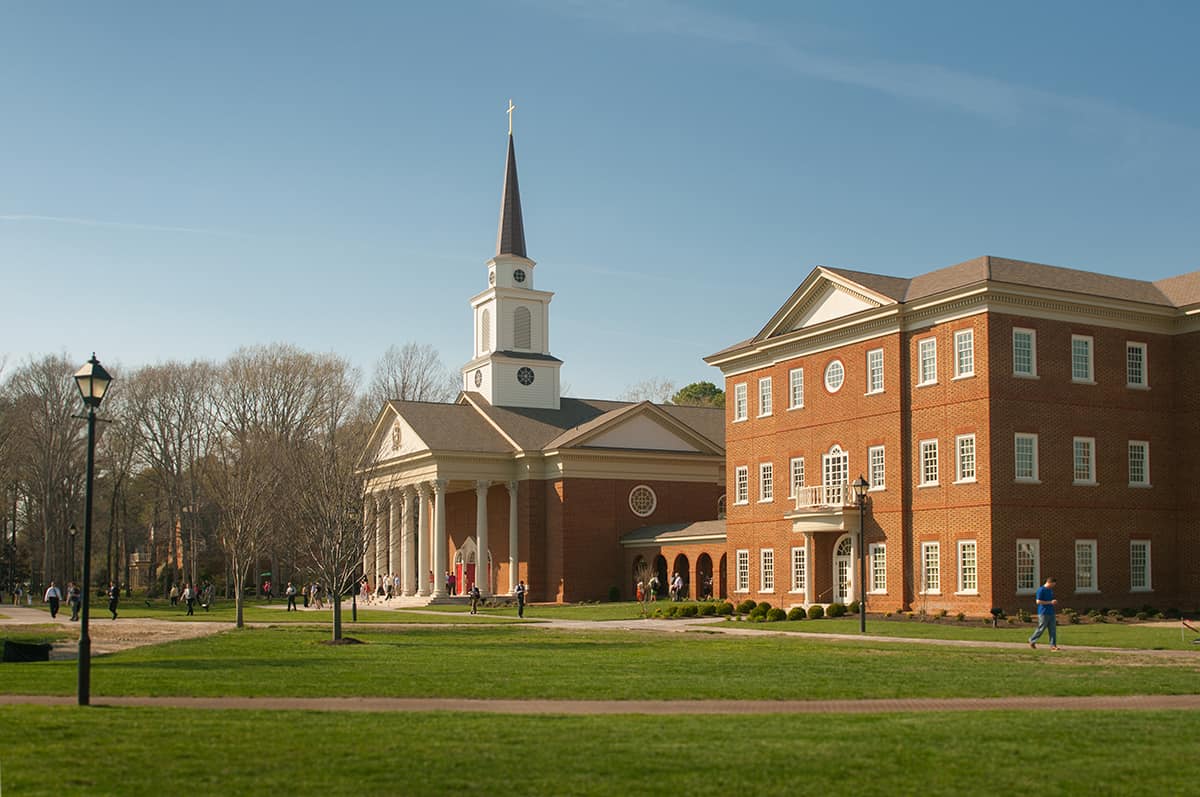
Jenny Sue Flannagan, Ed.D.
Associate Professor, Teacher EducationDirector of Student Teaching757.352.4123contact meJenny Sue Flannagan, Ed.D.
Bio
Born and raised in Virginia Beach, I went away for college and came home to teach science. I have been blessed to teach science to students, to work with teachers to become better teachers, and now I have the privilege to help aspiring teachers to fulfill their calling from God. I am married (24 years) with two wonderful children. In my spare time I make lamps!
Credentials
Ed.D. in Adult Learning/Staff Development, 2007, Regent University. Dissertation: A Study of Student Achievement Based on Autonomous Learning and Self-Efficacy. Dissertation Research Advisor: Gail M. Derrick. Ed.S. in Administration and Supervision, 2002, University of Virginia. M.Ed. in Curriculum and Instruction, 2000, University of Virginia. Thesis: Factors Affecting the Use of Integrated Curriculum in Middle School. Thesis Research Advisor: Hal Burbough. B.S. in Biology, 1992, Longwood College.
Publications
Book Chapters:
Flannagan, J.S. (2017). At the bottom of the box. In Kevin J. Cooney (Ed.). The christ worker: Devotions for career and workplace (pgs. 102-104). Nashville, TN: Emeth Press.
Flannagan, J.S. (2016). K 12 Education as Social Policy. A. Farazmand (ed.), Global
enyclopedia of public administration, public policy and governance, DOI 10.1007/978-3- 319-31816-5_2627-1.
Flannagan, J.S & Sawyer, M. (2016). Scampering into Engineering. In Linda Froschauer, (Ed.), Bringing STEM to the elementary classroom (pgs. 263-274). New York, NSTA Press
National Refereed Journal Articles:
Flannagan, J.S. & Sawyer, P. (2015). Scampering into Engineering. Science and Children. (), 34-47.
Spaulding, L. S., & Flannagan, J. S. (2012). DIS2ECT: A framework for effective inclusive science instruction. Teaching Exceptional Children, 44(6), 6-14.
Flannagan, J. S., & Rockenbaugh, L. (2010, December). Curiosity + Kindergarten = Future Scientists: Teaching inquisitive young children how to ask good questions. Science and Children, 48(4), 28-31.
Affiliations
- Member at Bridge Church
Memberships
- National Science Teacher’s Association
- Virginia Association of Science Teachers
- Delta Kappa Gamma
Research Interests
Science Education, Curriculum Effectiveness
Teaching Philosophy
Even after twenty-seven years in the profession, my philosophy of teaching remains the same. To teach effectively, I must invest in my students and respond to their learning needs through my instruction design. Scripture tells us that before we were born, our heavenly father knew us. Scripture also shows us clear examples of how Jesus used a variety of approaches to reach those who came in contact with him. In order to be effective as an instructor, I have to know my students and then adjust my instruction.
Assessment is a key tool in designing course that are responsive to the learning needs of students. Besides assessing content knowledge for my courses, I also give assessments that provide me with data on student interests, how they work in groups, as well as how they processes information. Once I have this information, I can then design my instruction to respond to their needs. If student data shows I have students who are missing foundational information, then I will need to create review modules to have them complete. Alternatively, if a student already knows content, I have to be willing to design instructional opportunities that allow students to go beyond the course curriculum topics in order to continually grow in their knowledge and skills. In order to respond to how students learn, I have to offer choices in the ways students can show their understanding through projects and even test assignments.
Awards
- 2014 Faculty Award for Excellence for Outstanding Contribution to service at Regent University
- 2014 Alumni World Changer, Regent University
- 2010 Programs that Work Award—Outstanding Workshop for Preschool/Kindergarten, Virginia Mathematics and Science Coalition
- 2009 Phi Delta Kappa International Emerging Leaders Award
- 2009 Professional Who Made a Difference Award: College of Education and Human Services, Longwood University
- 2006 Best Research Paper, National University Teaching Network (NUTN) Award with Dr(s). A. P. Rovai, M. K. Ponton, N. E. Rhea, M. G. Derrick, & J. S. Flannagan
- 1999 National Presidential Award for Excellence in Secondary Mathematics and Science Teaching


